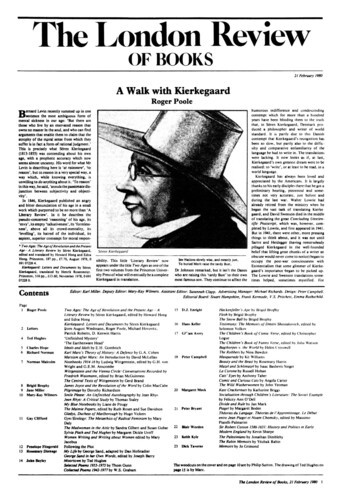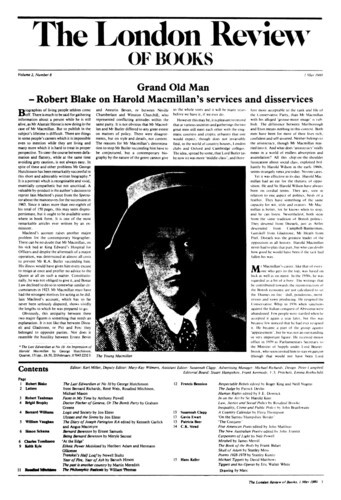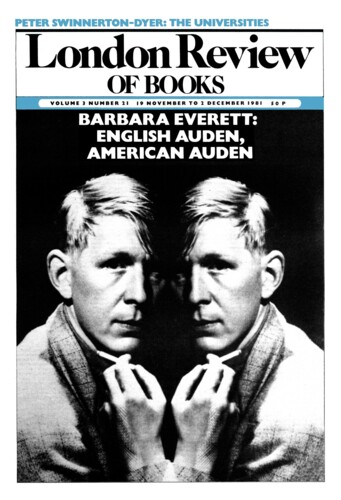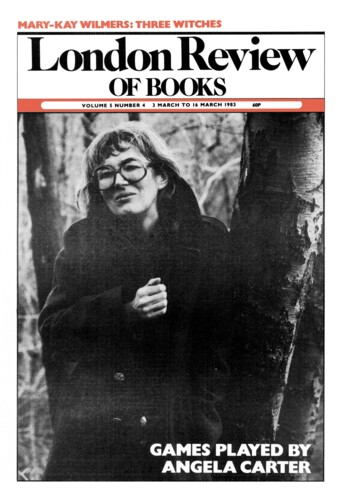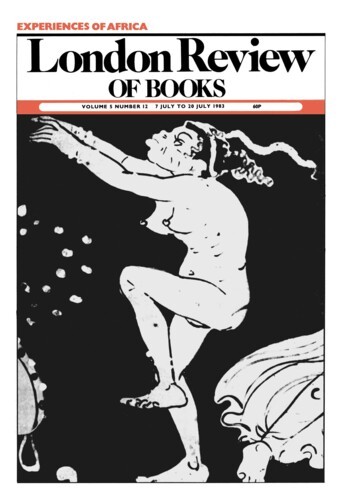Middle Eastern Passions
Keith Kyle, 21 February 1980
The Palestinians are the people who were living in Palestine when it was decided to build a Jewish homeland there and who fled from their homes in great numbers when the Jewish state was proclaimed. There has been fierce controversy about the exact circumstances in which the diaspora started, although spontaneously generated columns of civilian refugees have been a characteristic of all modern war, generally requiring no further explanation than the outbreak or rumour of fighting. It has been an important part of Israeli belief, supported by scarcely anything in the way of hard evidence, that the Arab states instructed the Palestinian Arab civilians to get out of the way so as to provide free-fire zones for the Arab armies. The Arabs, as Jonathan Dimbleby shows in his book, stick passionately by the contention tint they were either physically ejected by the Israelis or impelled to flee by Jewish psychological warfare.
